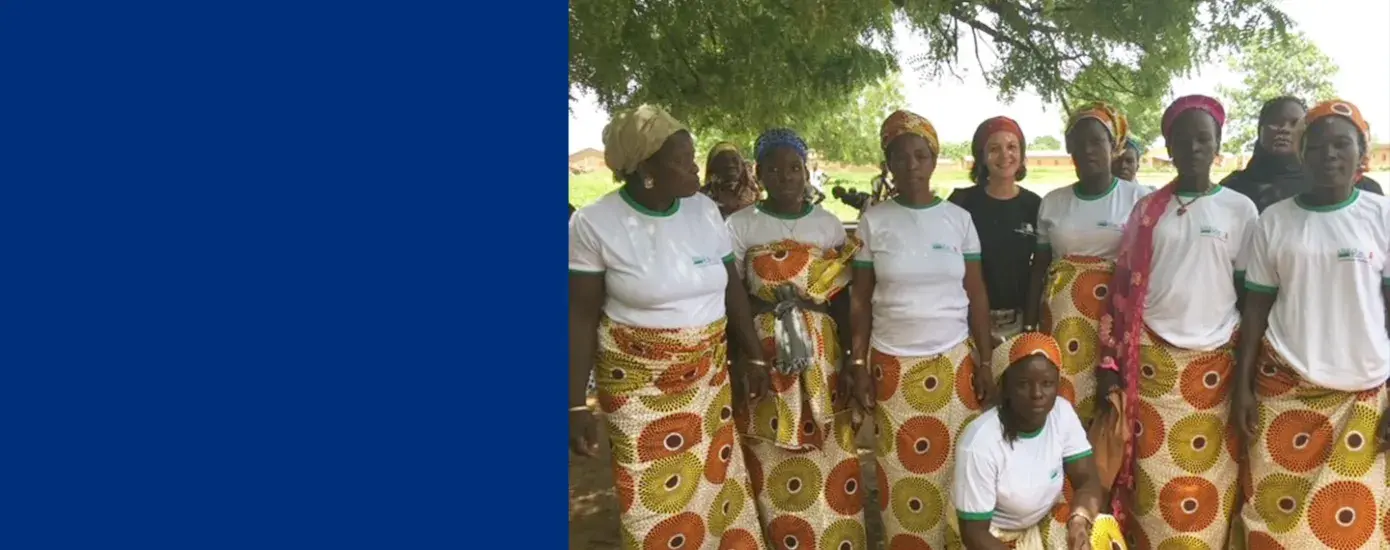
Barbara Borgese, CAS '22
What is your favorite IHP memory or moment?
I have many great memories of my time at IHP. Every course I took in the Certificate of Advanced Study in Literacy & Language (CAS) program was incredibly enriching and immediately relevant to the work I was doing. I learned so much from my professors and my peers, and treasure the connections I made throughout the program. One of my favorite memories is the school-based practicum at the Frederick Pilot Middle School. It was great to work directly with students for reading intervention and in an inclusion classroom setting; as well as with many different professionals, including other reading specialists, ESL teachers, the school psychologist, and the SLIFE team. My practicum supervisor, an IHP alumna and experienced, bilingual reading specialist, connected me to Boston Public School's Dyslexia Working Group and other experts in our district, including Speech Language Pathologists - many of whom are also IHP alumni - so that I could best support our students. This rich collaboration allowed me to get a bird's eye view of the systems of support available to our students, and appreciate the importance of interdisciplinary connections to ensure addressing students' needs in a holistic and inclusive way.
What is one thing that sticks with you from your time at the IHP as a student that helps you in your current practice?
IHP gave me a very strong foundation in the Science of Reading that I take with me, everyday, and use in every aspect of my current practice. The Simple View of Reading and Scarborough's Reading Rope Model have become the guiding stars in my data-driven work with teachers and students. I deeply appreciate my IHP professors' exceptional skills in translating complex scientific research and data into accessible concepts and instructional moves that teachers can use in their daily practice. This has served as a great model for me as I now support teachers in using the science and the data to inform instructional decisions.
Where are you working now and what is your current role?
I am currently serving as a Reading Instructional Coach at Boston International Newcomers Academy (BINcA).
What do you love most about your role, your profession, or what you do?
BINcA is a special place to work because of the highly diverse student population (all of our students are ELLs and speak over 15 different languages), inclusive school culture and focus on equitable literacy. I am deeply passionate about working with this student population and appreciate the opportunity to collaborate with teachers across grade levels and with school leaders to make an impact on students' reading outcomes. I greatly enjoy spending time in the classroom, co-teaching or modeling structured literacy lessons, engaging in deep discussion with teachers around curriculum and student data, and brainstorming ways to strengthen school-wide structures and practices to support literacy with our school leaders. I feel very fortunate to be working at BINcA and to serve in such an interesting role.
Do you have anything else you would like to note, such as your research, advice for current students, community work, etc.
I want to give credit to IHP for meaningful international work that resulted from my studies in the CAS program. When I first enrolled at IHP, I was working for a Boston-based international education development organization called World Education. Specifically, I was on a team charged with overseeing an early grade reading program in Benin, West Africa. (Mothers' Association in Kandi, Northern Benin pictured above)
Our job was to train government education advisors in evidence-based, reading instructional practices so they could, in turn, cascade the training to 1st and 2nd grade teachers. Benin, one of the poorest countries in Africa, where illiteracy rates are rampant, had been using a whole language approach to reading instruction for decades - in other words, instead of using phonics to teach children how to decode, children were instructed to look at the whole word in order to memorize it or guess what it might mean based on its shape - a disproven approach that has no basis in neuroscience. IHP equipped me with the knowledge and tools to co-facilitate trainings on the Science of Reading in Benin that ultimately led to the adoption of phonics and the development of decodable books for early grade reading instruction, country-wide. The CAS program incisively shaped our teacher trainings and curriculum development efforts in Benin. I am incredibly grateful to each and every one of my CAS program professors without whom I would not have been able to support this endeavor.
